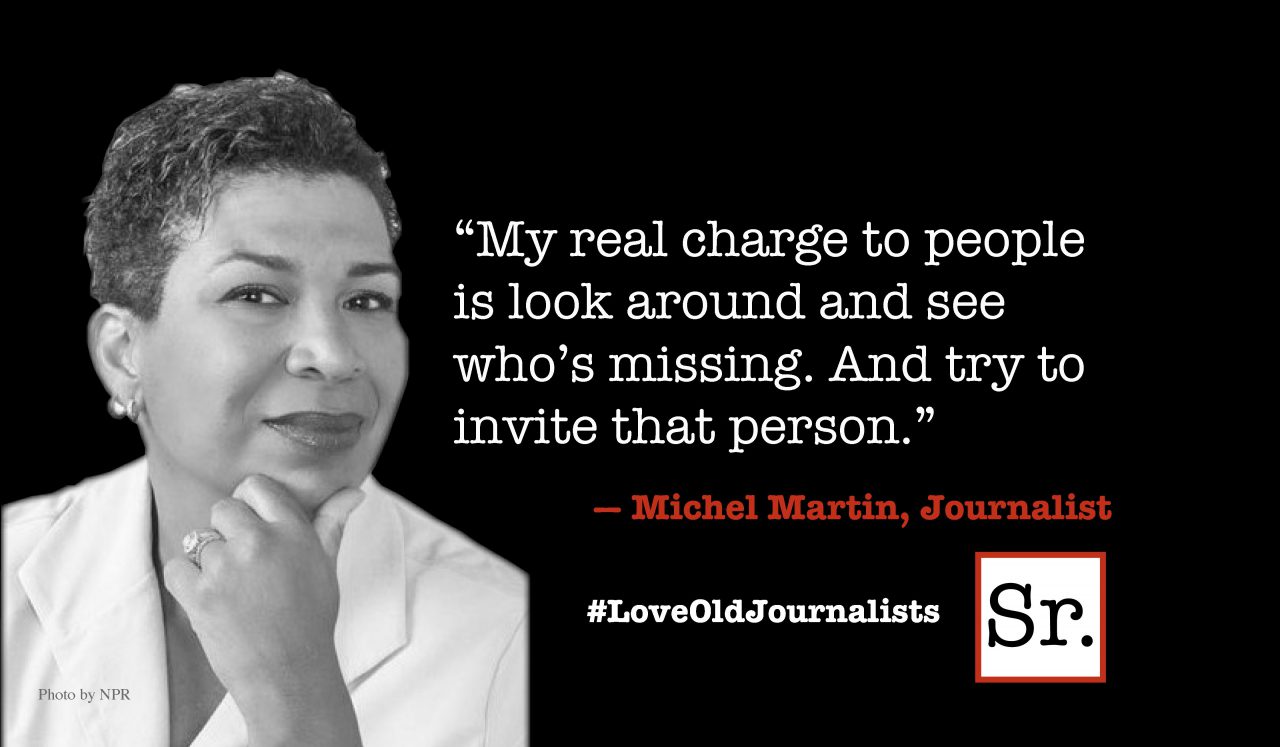I recently heard that a friend of mine had just completed his first novel. The next time I saw him I inquired as to the number of words he had written. His best guess put it around 100,000.
Another friend had recently purchased an electric car. I asked him how many miles it could travel before the battery had to be re-charged. He said that 300 would be a safe figure. A hundred thousand words for a novel, and 300 miles for a Tesla.
While I have written a number of books whose word output is 40,000 to 50,000, as a columnist my present limit is more like a Tesla than a novel. In recent years when my word tank nears 800 I may be close to running out of gas. The task of refilling the tank and making it ready for next week’s 800 words consumes much of my week. For every hour I spend actually “driving,” I probably spend five getting ready to hit the road — or in my case, the keyboard.
My recharging stations are the Internet, multiple conversations, e-mails and libraries. If I attempt to write without first doing the research, the quality of what I do produce goes downhill and I will end up in some nasty word-ditch. I have a few critics who are ready to skin me alive any time it is clear to them that I haven’t spent enough disciplined time at my various recharging stations. I welcome their judgment.
While I manage to read a number of books each month, I don’t usually use my weekly 800-word tank to review them. But now and then I come across a book that analyzes the dynamics of history in such clear and insightful language that I want to point my readers in its direction. So here is my brief review of Jan G. Linn’s "Evangelicalism and the Decline of American Politics."
For the sake of full disclosure you need to know that Linn is an old friend of mine, and I have followed his career as a seminary professor and a pastor with great interest. A few weeks ago I asked for and received from him permission to run one of his blogs as my weekly column. We have that kind of a relationship.
Linn grew up in Lynchburg, Virginia, a small southern city until recently dominated by Jerry Falwell, one of the important figures in the evangelical movement. Falwell’s son, Jerry Falwell Jr. has followed in his father’s footsteps and is currently the president of his father’s Liberty University.
For the past decades as a seminary professor and congregational pastor, Linn has been a keen observer of evangelicalism from the perspective of someone who knows both the language and the mindset of that form of the Christian faith. At the same time, he has been a careful observer and critic of right-wing politics.
In this, his latest book, Linn analyzes both perspectives and concludes that they run on parallel tracks and have been doing so for a long time. While for most of us it has rarely been clear about which is the hand and which is the glove, Linn finds them consistently reinforcing each other, resulting in the savaging of both American culture and the Christian faith.
If a religious perspective is articulated by evangelicals, in short order, the identical perspective will be taken up by political conservatives. Opposition to birth control, abortion, and gay marriage all started out as evangelical issues, but very soon were taken up by political conservatives as their issues.
Conversely, when political conservatives suggest the control of immigration, cutting taxes and paying for these cuts by slicing social spending are important ideas, one sees evangelical Christians soon taking on these issues as theirs. Linn deals with these and similar matters and sees the parallel concerns assumed both by evangelicals and conservative politicians.
This leaves partly unanswered the issue that Linn alludes to but will requires a more extensive answer in what we hope will be his next book: what is the common root that has produced these parallel strains? Neither evangelicalism nor conservative politics alone offer a sufficient answer. We are therefore driven to look for a deeper world view with sufficient strength to generate the popular appeal of both conservative politics and Christian evangelicalism. While Linn alludes to the need for such a quest, one can find it in a careful reading between the lines.
Perhaps this common root lies in the belief that humanity is composed of isolated individuals who must make it on their own. I suggest that notion lies underneath both evangelicalism and conservative politics. The contrary foundational affirmation holds that we are all bound in communities of mutual need, and that we all finally depend on one another. That affirmation is what the best of both religious faith and American politics offer and is quite the opposite of what is beneath both evangelicalism and conservative politics.
So does life consist of the survival of the fittest and the luckiest, or must we at best find ourselves in communities dedicated to meeting the needs of one another for the common good? I await Linn’s answer to this underlying question. In the meantime evangelicalism and the decline of American politics opens the door to that conversation.









